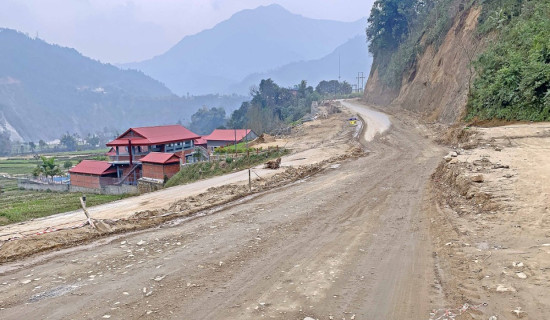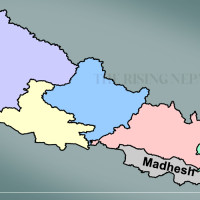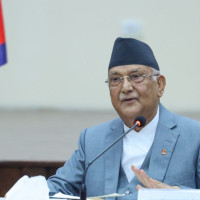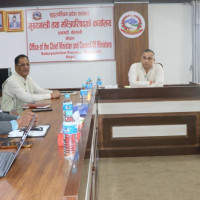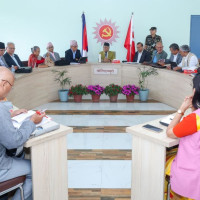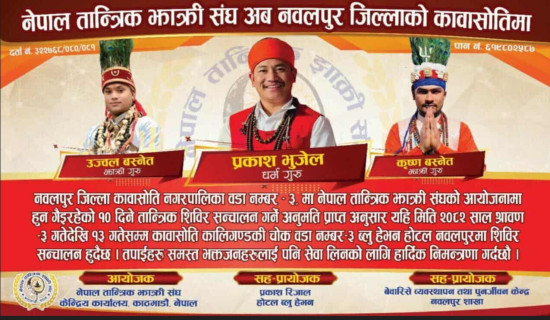- Saturday, 19 July 2025
A Preventable Disaster
Just three years ago, millions of Sudanese people led self-determined lives with jobs, homes and access to education. Today, many are completely dependent on humanitarian aid. Without decisive diplomatic action and continued humanitarian support, the situation will continue to deteriorate. This will have serious consequences for the already fragile region.
The crisis in Sudan has displaced around 12 million people, approximately 8 million of whom within the country. According to the UNHCR, more than 122 million people are currently displaced worldwide, the highest number ever recorded. Sudan alone accounts for over 10 per cent of this total: one in ten refugees worldwide currently comes from Sudan, making it the world’s largest displacement crisis. Many families have had to flee multiple times, with no safe place to go. This displacement not only destroys lives, but also severely limits access to food, services and other basic needs.
Almost 25 million people – more than half of Sudan’s population – are affected by hunger. Several regions are already experiencing famine (Integrated Food Security Phase Classification level 5). For the second time in a row, the June planting season was missed. The conflict has destroyed agricultural infrastructure, displaced farmers and decimated livestock. Fertile land remains uncultivated – not because of climate change, but because of war. Once a net exporter of food, Sudan is now barely able to feed its own population.
At the same time, it is becoming ever more difficult to provide humanitarian aid on the ground. Increasing violence and the current rainy season are hampering access to affected areas. What limited access remains is increasingly hampered by bureaucratic hurdles, with even vital services often delayed or blocked altogether. Thanks to international support, some programmes have been able to continue, but this is far from enough, and aid often remains limited to short-term emergency assistance.
The consequences are devastating. Locally organised relief efforts such as community kitchens – facilities for preparing and distributing meals, often run by refugees themselves – are vital. However, cuts in US foreign aid have led to the closure of up to 80 per cent of these kitchens, leaving hundreds of thousands of people without access to food in the midst of war. Proven structures are being dismantled at a critical moment.
Sudan tops the International Rescue Committee (IRC) Emergency Watchlist 2025 for the second year in a row. However, the international response is clearly inadequate: only 14.1 per cent of the UN aid plan for 2025 is currently funded. At the London Conference on Sudan in April this year, Germany pledged € 125 million in aid – an important step, but a significant decline from the € 325 million pledged the previous year. Once the budget for 2025 has been passed, the German government should at the very least continue its previous commitment.
Sudan needs more than just emergency aid – the country needs long-term investment in education, infrastructure and livelihoods. Germany and other donors should invest specifically in measures that align humanitarian aid with long-term goals for stability and reconstruction. It is also essential to consistently advocate for international humanitarian law and human rights. Protecting civilians and securing humanitarian infrastructure are not only a moral obligation, they are also strategically essential for regional stability. The crisis in Sudan is not temporary. It is a long-term, systemic collapse – and one that was foreseeable. The Sudanese people are resilient and committed, but they cannot rebuild alone.
-Development And Cooperation



